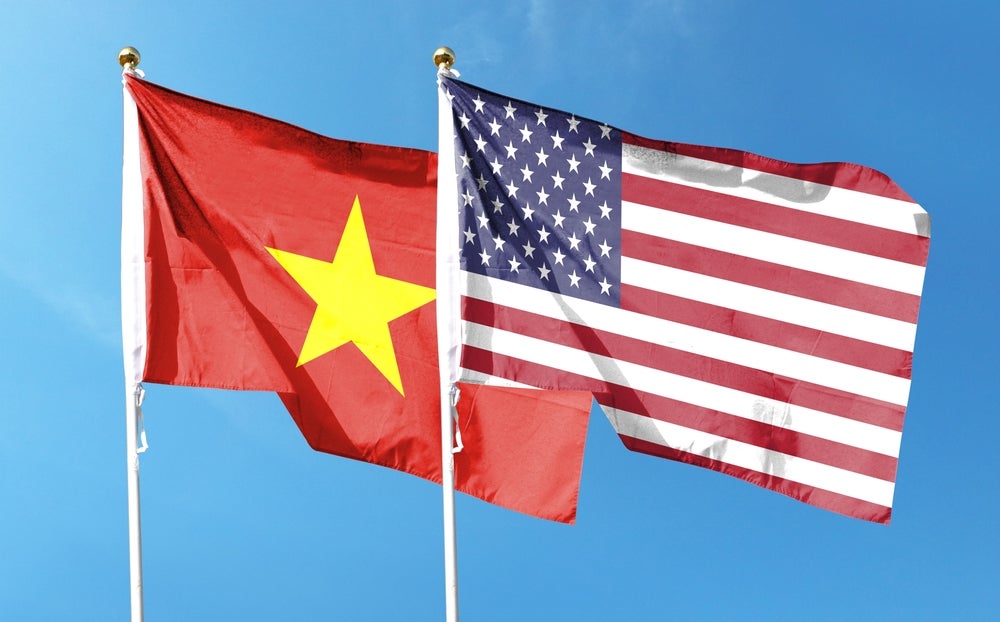
The NRF’s report considers how ending the country’s permanent normal trade relations (PNTR) trade status would impact common household products, including apparel and footwear as policymakers express a growing interest in changing current practice between the US and China.
PNTR rules mean that China currently has the same tariff rates as other US trading partners. This has been the case since 2000, when China joined the World Trade Organization.
Removing this status would mean significantly higher tariffs on imports from China, including both finished goods and inputs to production.
NRF estimates that this would cost US consumers $240 per household in higher prices – or a total of $31bn for US consumers overall.
The cost of apparel could increase by nearly 2% and footwear by nearly 5%. Other sectors hit with increased prices include toys, household appliances and furniture.
Low-income households would be hit the hardest by these rising costs, according to NRF’s report, as they tend to spend a greater percentage of their income on these items than others. The NRF says these price increases could also hurt efforts to curb inflation overall.
NRF’s vice president of supply chain and customs policy Jonathan Gold says: “Even though significant efforts have been made in recent years to diversify sourcing, China continues to play an important role in the supply chain of many retailers and other global industries, from sourcing raw materials to manufacturing and production.”
“It would be impossible for American families to escape the higher costs from dramatic tariff increases on necessities such as apparel, footwear, furniture, appliances and toys.”



